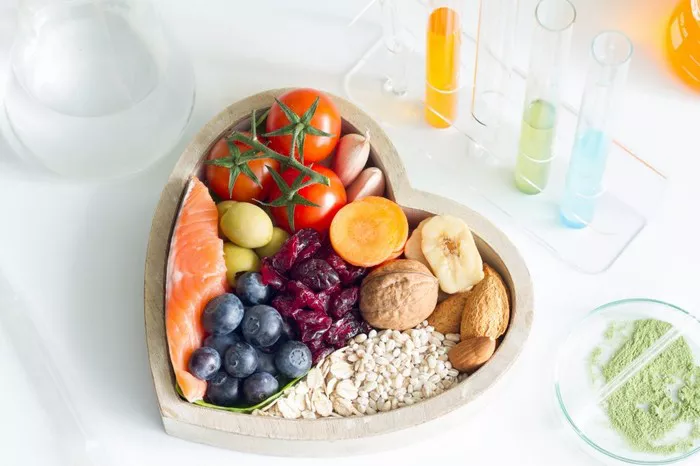FAQs
What foods should you avoid during menopause?
During menopause, it’s best to avoid foods high in sugar, caffeine, and refined carbs as they can exacerbate symptoms like hot flashes and mood swings. Processed foods and excessive alcohol should also be limited to manage weight gain and hormonal fluctuations.
What foods slow down menopause?
Including foods rich in phytoestrogens like soy products, flaxseeds, and legumes in your diet can potentially help slow down menopause symptoms. These foods contain plant-based compounds that mimic estrogen, which may alleviate some menopausal discomforts such as hot flashes and vaginal dryness.
Is eating eggs good for menopause?
Eggs are a nutritious choice during menopause due to their high protein content and essential nutrients like vitamin D, which is crucial for bone health. Additionally, eggs contain choline, which supports brain function, helping to combat cognitive changes that may occur during menopause.
Related topics:
- An Overview of Depression Medicine for Women
- Navigating Menopause: Your Guide to Diet and Exercise
- Top 3 DHEA Supplements for Women: Enhancing Health and Vitality


